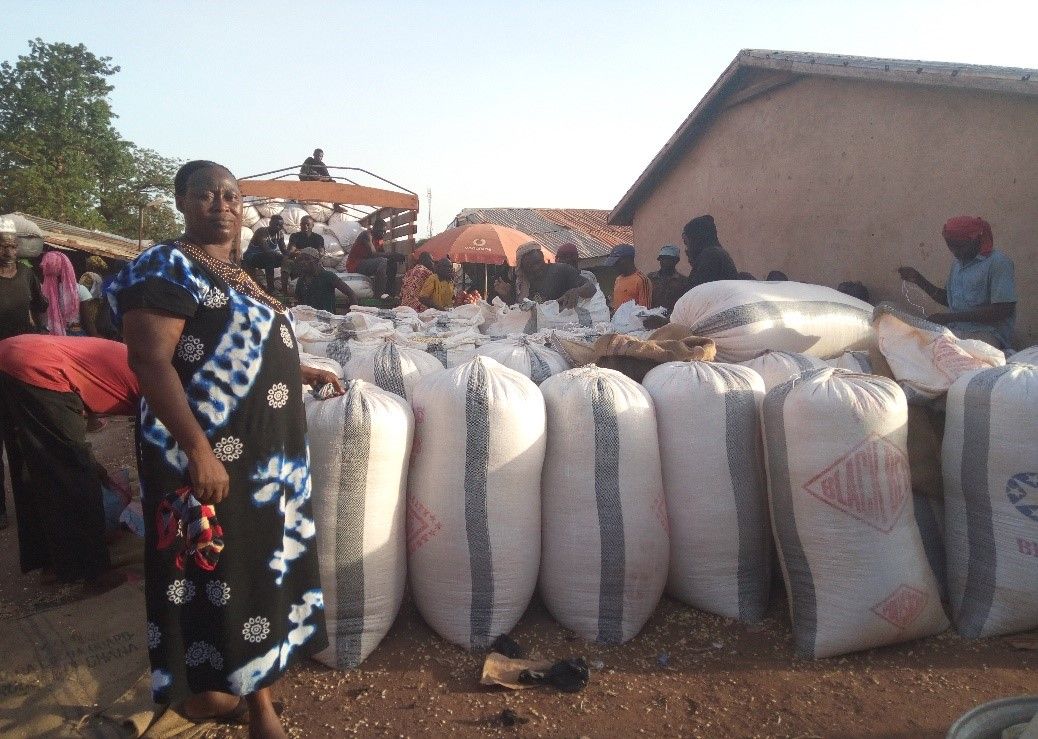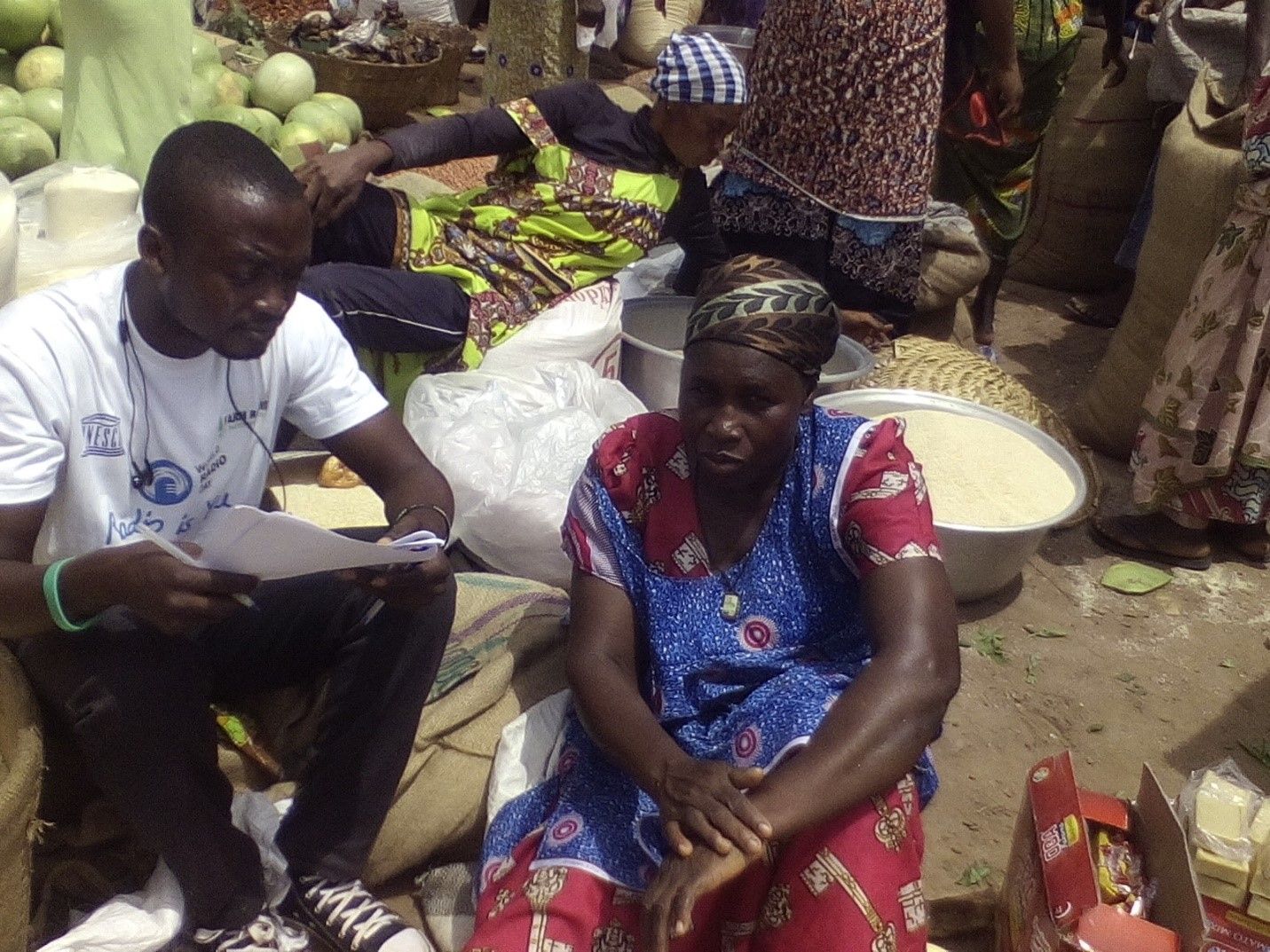


The CSIR-STEPRI has again successfully executed another project on Gender Responsive ICT-Enabled Agricultural Extension and Services Delivery.
The use of Information and Communication Technology (ICT) to improve outreach and performance of agricultural extensions services delivery has become critical in the quest to meet the huge demand for extension services delivery particularly among smallholder farmers. The extension agent to farmer ratio is low (1:1500 or more) and there are gender gaps. Male farmers have more access to extension services than their female counterpart (28.2% men against 12.3% women accessing extension services in agricultural production).
In an attempt to deliver gender responsive ICT-Enabled agricultural extension and services delivery, Grameen Foundation (GFUSA) in collaboration with Farm Radio international (FRI) contracted a consultant to conduct this survey. Primarily, the survey aimed at conducting a gendered value chain analysis of the outgrower-buyer and farmer models in the use of ICT-Enabled agricultural extension and services in Brong Ahafo, Northern and Volta Regions of Ghana.
Both qualitative and quantitative data collection methods were employed in this survey. A total sample size of 407 respondents including farmers (351), traders (39), Agents (11) and OBs (6) were interviewed one-on-one with a structured questionnaire. In addition 16 focus group discussions were conducted in the selected regions using a semi-structured questionnaire.
The specific activities conducted and also specified in the SoW included the following:
- Rapid desktop research review to establish the current state of knowledge and practice of gendered extension advisory systems in Ghana and other relevant countries, with emphasis on models outside the public systems;
- Appraisal of the AgroTech Model with a gender lens; and
- Comprehensive report of outcome of gendered value chain analysis within the AgroTech project and identify gender gaps and opportunities, and recommendations for integrating gender in testing business models with farmers and other value chain actors.

